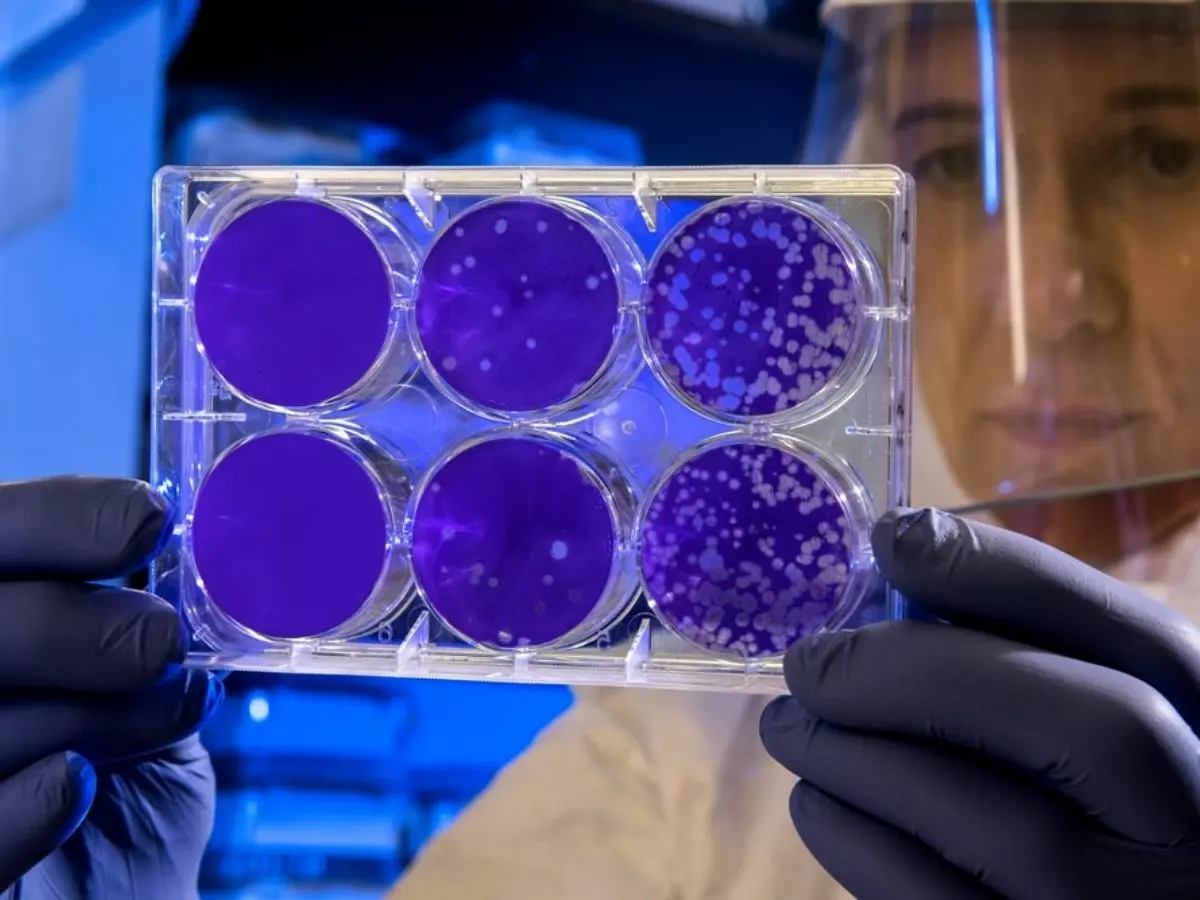Stem Cell Research Close To Finding Type-1 Diabetes Cure In Near Future
The therapy would help the body create its own insulin just like it normally did, with the help of stem cells.

A novel stem cell research could be the answer for one day curing Type-1 diabetes in individuals and helping them live better lives.
 Unsplash
Unsplash
Also Read: Peptides Flexibility More Effective In Treating Type-2 Diabetes, Finds Study
Developed by Vertex Pharmaceuticals, the novel therapy works by replacing insulin-producing cells that have been destroyed with stem cells that transform into insulin-secreting islets.
To the unaware, beta cells in the pancreas produce insulin to maintain safe levels of glucose in the blood.
However, those who are suffering from Type-1 diabetes can¡¯t produce their own insulin with the beta cells destroyed by their own immune system. This forces them to keep a check of their insulin levels and even inject insulin, when needed to help with the processing of glucose.
The therapy would help the body create its own insulin just like it normally did, with the help of stem cells.
Vertex commenced a clinical trial in November of 2021 with 17 people who had severe cases of Type-1 diabetes. The study is expected to go on for five years.
The first patient in the trial, Brian Shelton, has shown positive results. After 150 days, Shelton brought down the amount of insulin he injects by 92 percent.
There are several unknown variables with the study, including severe side effects, if any, and to understand whether this therapy will live in the body of the individual for a long duration or a short one. Researchers are also looking at the dosage and the way of administration of the therapy.
 Unsplash
Unsplash
Also Read: Diabetic Men Are At Higher Risk Of Death From Covid-19, Finds Study
Heather Nichols, a spokesperson for Vertex Pharmaceuticals, said in a conversation with Salon, "We're evaluating multiple approaches to deliver the insulin-producing cells, including a transplant approach that requires immunosuppression (the VX-880 program), and a device approach that is intended to protect the transplanted cells from the immune system."
She added, ¡°Both approaches use our proprietary, fully differentiated, insulin-producing islet cells.¡±
Keep visiting Indiatimes.com for the latest science and technology news.
